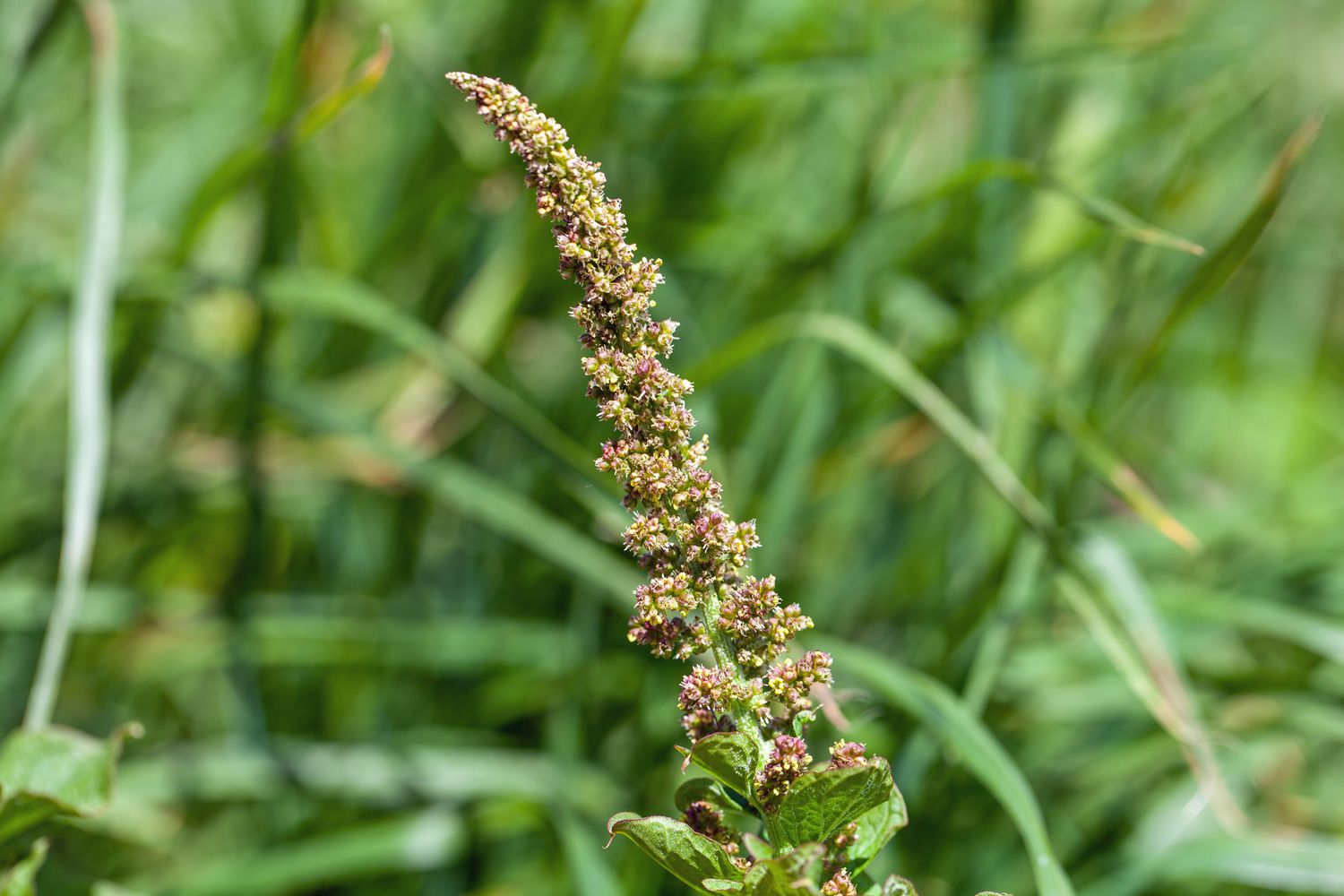
Good King Henry, also known as Chenopodium bonus-henricus, is a fascinating plant with a rich history and many uses. This perennial herb, often found in Europe, has been a staple in traditional medicine and cuisine for centuries. But what makes Good King Henry so special? Its versatility! From its edible leaves and shoots to its medicinal properties, this plant has been a go-to for many. Whether you're a history buff, a gardening enthusiast, or someone curious about natural remedies, learning about Good King Henry will surely pique your interest. Let's dive into 15 intriguing facts about this remarkable plant!
Key Takeaways:
- Good King Henry, also known as Chenopodium bonus-henricus, has a rich history dating back to ancient times. It was valued for its nutritional benefits and medicinal properties, making it a valuable addition to any diet.
- Named after a legendary figure or a benevolent king, Good King Henry is packed with nutrients like iron, fiber, and protein. It's easy to grow, versatile in the kitchen, and even helps improve soil quality.
Who Was Good King Henry?
Good King Henry, also known as Chenopodium bonus-henricus, is a perennial plant with a rich history. Often overshadowed by more popular greens, this plant has some fascinating facts worth knowing.
-
Ancient Origins: Good King Henry has been cultivated since ancient times. The Romans and Greeks valued it for its nutritional benefits.
-
Edible Leaves: The leaves of Good King Henry are edible and can be cooked like spinach. They are rich in vitamins A and C.
-
Medicinal Uses: Historically, the plant was used for its medicinal properties. It was believed to help with digestive issues and skin conditions.
Why Is It Called Good King Henry?
The name "Good King Henry" has an interesting backstory. It is believed to be named after a legendary figure or a benevolent king.
-
Legendary Figure: Some say the plant is named after a mythical king who was kind to his people and promoted the use of this plant.
-
Henry IV of France: Another theory suggests it was named after Henry IV of France, known for his good deeds and efforts to improve the lives of his subjects.
Nutritional Benefits of Good King Henry
This plant is not just a historical curiosity; it is packed with nutrients that make it a valuable addition to any diet.
-
High in Iron: Good King Henry is an excellent source of iron, making it beneficial for those with anemia.
-
Rich in Fiber: The plant is high in dietary fiber, which aids in digestion and promotes a healthy gut.
-
Protein Content: Surprisingly, Good King Henry contains a decent amount of protein, making it a good option for vegetarians and vegans.
How to Grow Good King Henry
Growing Good King Henry is relatively easy, and it can be a great addition to your garden.
-
Perennial Plant: It is a perennial, meaning it will come back year after year without needing to be replanted.
-
Shade Tolerant: This plant can grow in partial shade, making it versatile for different garden settings.
-
Low Maintenance: Good King Henry requires minimal care, making it ideal for beginner gardeners.
Culinary Uses of Good King Henry
Beyond its nutritional benefits, Good King Henry can be a versatile ingredient in the kitchen.
-
Spinach Substitute: The leaves can be used as a substitute for spinach in various dishes, from salads to soups.
-
Edible Seeds: The seeds of Good King Henry are also edible and can be ground into flour or used as a grain.
-
Traditional Recipes: In some cultures, the plant is used in traditional recipes, adding a unique flavor and nutritional boost.
Environmental Benefits of Good King Henry
Growing Good King Henry can also have positive effects on the environment.
- Soil Improvement: The plant helps improve soil quality by adding organic matter and nutrients back into the ground.
Final Thoughts on Good King Henry
Good King Henry, also known as Chenopodium bonus-henricus, is more than just a plant with a quirky name. This perennial herb has been a staple in European gardens for centuries, valued for its nutritional and medicinal properties. Its leaves, rich in vitamins and minerals, can be cooked like spinach, while its seeds serve as a protein source. Historically, it was used to treat skin ailments and digestive issues. Despite its decline in popularity, Good King Henry remains a versatile and beneficial plant. Whether you're a gardener, a history buff, or someone interested in natural remedies, this plant offers something for everyone. So next time you come across Good King Henry, you'll know it's not just a plant with a royal name but a treasure trove of benefits waiting to be rediscovered.
Frequently Asked Questions
Was this page helpful?
Our commitment to delivering trustworthy and engaging content is at the heart of what we do. Each fact on our site is contributed by real users like you, bringing a wealth of diverse insights and information. To ensure the highest standards of accuracy and reliability, our dedicated editors meticulously review each submission. This process guarantees that the facts we share are not only fascinating but also credible. Trust in our commitment to quality and authenticity as you explore and learn with us.


